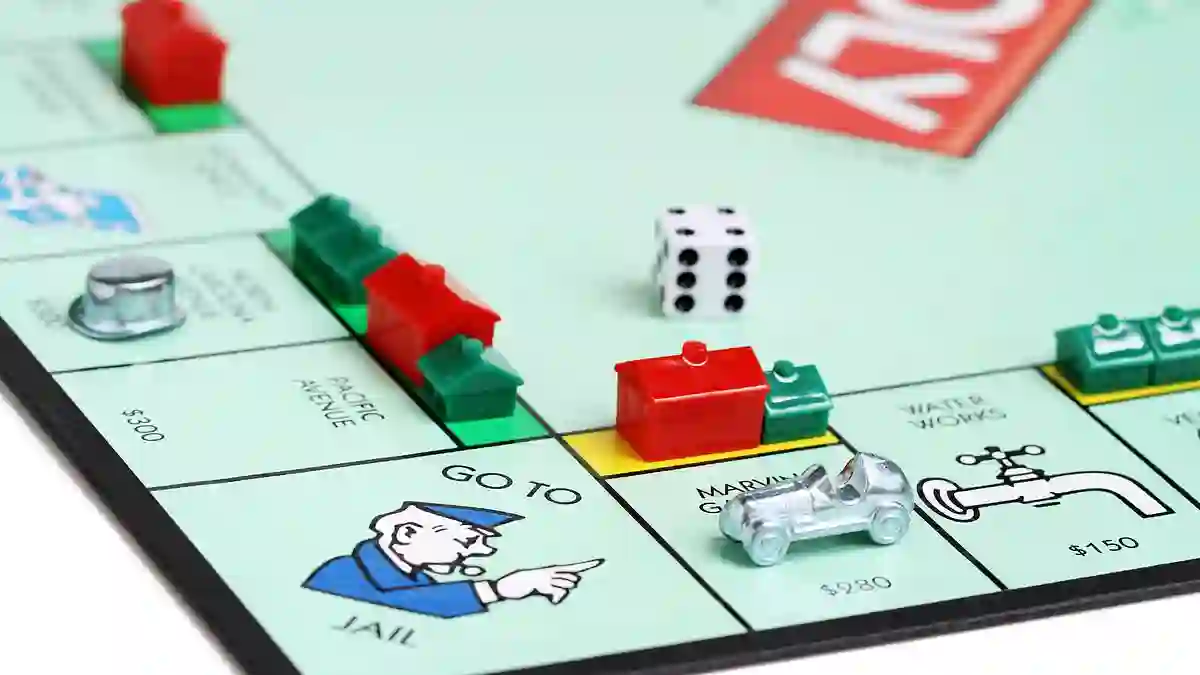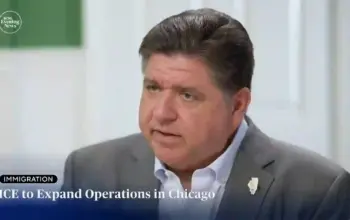It might be time to grab those action figures and board games before the price tags jump.
According to Hasbro’s CEO, toy prices could start rising as soon as August — and it’s all tied to ongoing trade tensions and looming tariffs.
Hasbro Braces for a Bump in Costs
Chris Cocks, the CEO of Hasbro, recently shared some sobering news: the toy giant is anticipating noticeable price increases between August and October.
Speaking on CNN’s The Assignment podcast, Cocks explained that the expected hike is largely due to the Trump administration’s aggressive tariff strategy, which is poised to impact suppliers across the toy industry.
Hasbro, which is behind household favorites like My Little Pony, Nerf, Play-Doh, and Transformers, relies heavily on overseas manufacturing — particularly in China and Vietnam.
With new tariffs now in place — 30% on Chinese imports and 20% on Vietnamese goods — Cocks believes the impact is inevitable.
How Tariffs Could Affect What You Pay at the Store
Cocks broke it down clearly: if the cost of making a toy goes up, that price hike is eventually passed on to the consumer.
The production cycle for toys usually takes three to five months, so any cost changes happening now are likely to be felt by shoppers later this summer into the fall.
“If prices are going to go up, you’ll likely start to notice it between August and October,” Cocks said, pointing to how long it takes to get products from factories to shelves.
Why Making Toys in the U.S. Isn’t So Simple
Despite government pressure to “buy American” and bring manufacturing home, Hasbro says it’s not that easy.
Cocks explained that making toys in the U.S. would dramatically increase costs, mostly due to labor expenses.
For example, a toy that currently sells for $10 could shoot up to $18 if it were made in America.
He acknowledged that Hasbro has started shifting some production back to the U.S., but warned that domestic manufacturing is no silver bullet.
“Labor would make up 80 to 90 percent of the cost of a toy if made here,” he said, noting that most of the increased price would land squarely on the shoulders of the consumer.
Trump’s Tariff Strategy and Its Ripple Effect
Back in April, a 10% tariff was slapped on U.S. imports, causing market jitters and a short-term stock dip.
Though the administration responded with a 90-day pause, the push for manufacturing to move back to U.S. soil hasn’t let up.
Trump remains firm on using tariffs as a tool to reduce foreign dependence and boost American production.
The idea, according to the administration, is that foreign companies should absorb the extra costs — not American consumers.
But Cocks disagrees with that logic. “In reality, it’s one business dealing with another — someone ends up paying, and it usually rolls down to the buyer.”
Not Just Hasbro — Other Toymakers Are Feeling the Heat
Hasbro isn’t the only company worried. Industry rival Mattel — the company behind Barbie and Hot Wheels — echoed the same concerns in its 2024 financial report.
They warned that new or expanded tariffs could hike up production expenses and put a squeeze on profits.
Mattel currently makes about 50% of its products in China, and another 10% in Mexico.
With tariffs on Chinese imports sitting at 30% — and previously spiking as high as 145% — there’s a real concern about what the next round of trade moves could bring.
Hasbro’s Gaming Division Offers a Bit of Relief
Despite the storm clouds, Cocks isn’t losing sleep — at least not over Hasbro’s bottom line.
He said the company’s growing gaming division, which includes hits like Dungeons & Dragons and Magic: The Gathering, helps cushion the financial blow from toy-related tariffs.
“I actually feel more for the other toy CEOs in the industry,” he admitted.
“We’ve got gaming revenue to help balance things out.”
Trade Talks Still in Limbo
As for what’s next? Things are still up in the air.
Trump has postponed the current tariff pause until August 1, but there’s no clear resolution in sight.
With so much uncertainty around global trade, toy companies — and the consumers who rely on them — are left watching and waiting.
So if you’re thinking about stocking up on gifts for the holidays, now might be the time — before your favorite toys come with a steeper price tag.



